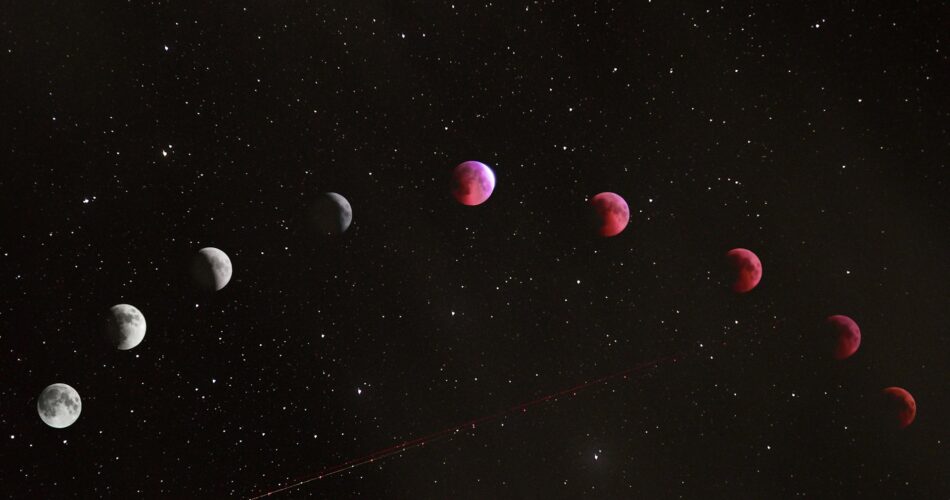It’s infiltrating the church.
Although the Bible explicitly warns against practices like astrology and divination, a significant number of Christians still hold beliefs that align with these traditions. A Pew Research Center survey conducted in late 2024 found that over 25% of Christians in the U.S. believe that celestial bodies influence human fate.
The survey sampled 9,593 adults across the United States and revealed that around 30% of Americans consult horoscopes, tarot cards, or fortune tellers at least once a year. Most participants acknowledged doing so out of curiosity or entertainment rather than relying on these practices to guide major life choices.
Among those with religious affiliations, 27% expressed belief in astrology—comparable to the 28% among those who do not identify with any particular faith. The survey also found that Black Protestants, Hispanic Catholics, and people with no specific religious identity were more likely to believe in astrology than white Evangelical Christians, Jews, agnostics, or atheists.
Christian teachings traditionally oppose astrology. Ministries like Got Questions cite Scripture to underscore that such practices are condemned by God. They point to examples such as the Babylonian astrologers failing to interpret dreams compared to the prophet Daniel, and warnings in Isaiah and Deuteronomy that prohibit divination and star worship, which repeatedly led to divine judgment against Israel.
Meanwhile, new research is exploring how Americans, particularly younger generations, are navigating faith outside institutional religion. A longitudinal study titled Breaking Free of the Iron Cage: The Individualization of American Religion followed over 1,300 individuals born in the late 1980s, finding that many are turning to personalized forms of spirituality. The authors argue that, in reaction to rigid and bureaucratic religious structures, people are embracing unique, blended expressions of faith that reflect their personal values and experiences—what they describe as quiet acts of spiritual independence from traditional religious systems.
